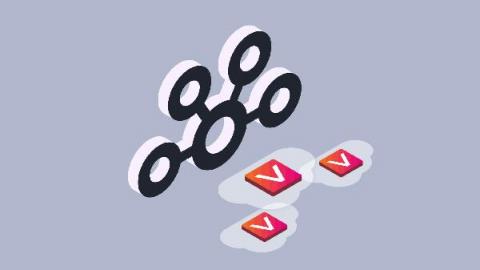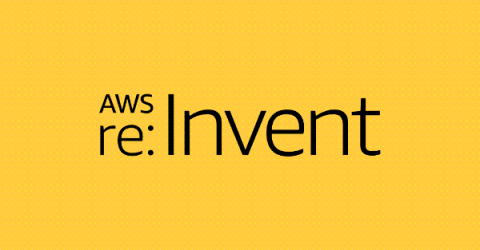Kafka to Splunk: Data mesh for security & IT
Splunk is a technology that made processing huge volumes and complex datasets accessible to security and IT teams. Despite its strengths for monitoring and investigation, Splunk is a bit of a one-way street. Once it's in Splunk, it's not that easy to stream the data elsewhere in great volume. And it doesn’t mean it’s the best technology for all IT and Security use cases. Or the cheapest.






